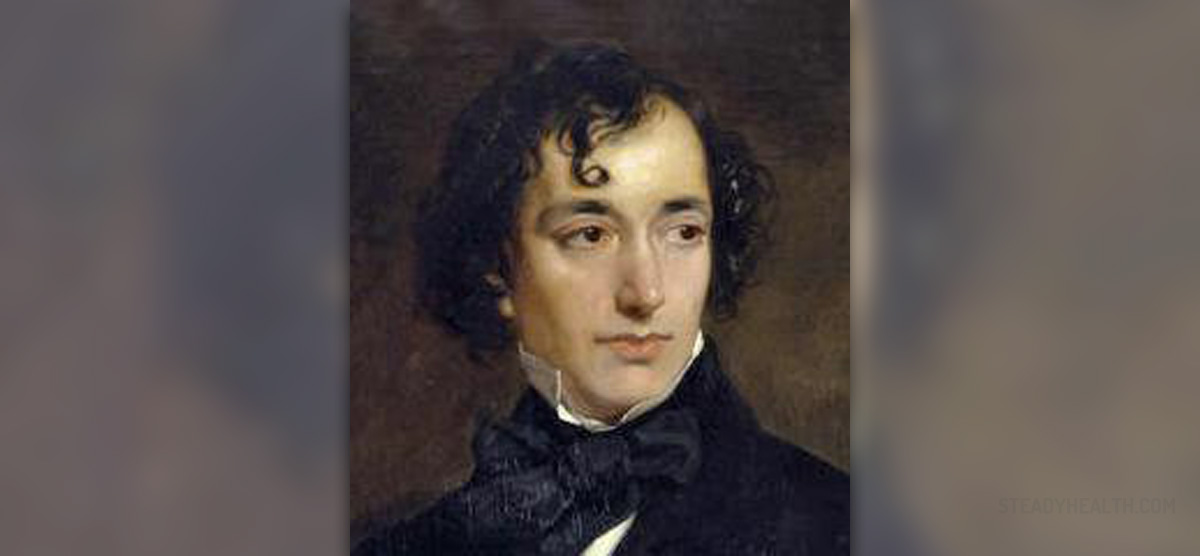
Elderly often have problems with dizziness. Causes of this problem are different and doctors differentiate central, medical, otologic, psychogenic and unlocalized dizziness. In large percent of elderly patients there is no clear reason that causes this problem. Vestibular physical therapy has been found helpful in numerous cases of geriatric dizziness and it is frequently recommended as the treatment for this problem. Another possible solution for the treatment could be the use of medications, but doctors and patients must keep in mind that elderly people are sensitive to adverse effects of the drugs.
Central Dizziness
In most cases, central dizziness is often found to be secondary event after some vascular problems with the brainstem and the cerebellum. Due to that fact, this type of dizziness might be indication of some serious medical problem. Central vertigo can also provoke nausea, “quick spins”, unconsciousness, ataxia and illusions of motions that may go on for years. Patients suffering from seizures presented as dizziness are found to be responding to anti-seizure drugs. Vascular problems should be treated and “quick spins” checked using encephalogram. As mentioned, vestibular physical therapy is beneficial for all types of dizziness in elderly.
Medical Dizziness
Causes of medical vertigo could involve cases of: hypotension (low blood pressure), infections, low level of blood glucose and the use of some medications or some cardiac events, such as acute myocardial infarction or occult cardiac arrhythmias. Side effects of medications are the most common causes of hypotension and hypoglycemia (low blood glucose) in older patients. The treatment includes cessation of unnecessary drugs and switch to some which don’t provoke similar unwanted effects.
Psychogenic Dizziness
Panic attacks, agoraphobia, anxiety, malingering and Somatization syndrome are common causes of psychogenic vertigo. This is quite difficult to diagnose, since many patients suffering from dizziness are also feeling some anxiety because of their condition. Benzodiazepines are recommended for the treatment of panic attacks and agoraphobia, while Somatization syndrome patients are usually referred to psychiatry.
Otologic Dizziness
This is the most common cause of vertigo in older people and about 50% of patients older than 80 years of age suffer from benign paroxysmal positional vertigo (BPPV). Vestibular physical therapy, other physical treatments for this condition, vestibular suppressants or antiemetic drugs may also be helpful for people with this problem.
Another possible cause of dizziness is Meniere’s syndrome, especially in people over 50. This condition is often associated with decline of hearing, tinnitus and monaural fullness. Treatment involves the use of vestibular suppressants and antiemetics, or the use of low sodium diet and some mild diuretics. Gentamicin injection given through the eardrum is discovered to efficient for about 90% of the cases.
Other causes of otologic vertigo in elderly population could include: vestibular neuritis or bilateral vestibular paresis. Usual therapy is vestibular physical treatment and the use of meclizine or some other drugs.
Unlocalized Dizziness
In about 30% of elderly patients with dizziness doctors can’t find any cause of their problem and these people must be closely monitored. Vestibular physical therapy, counseling or some medications are possible treatment options.






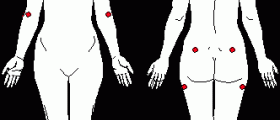

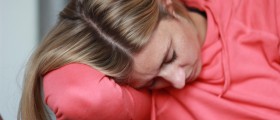



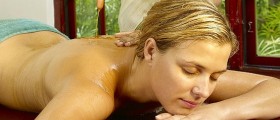
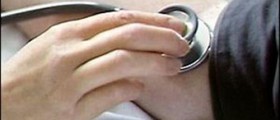
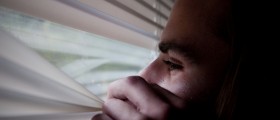


Your thoughts on this
Loading...